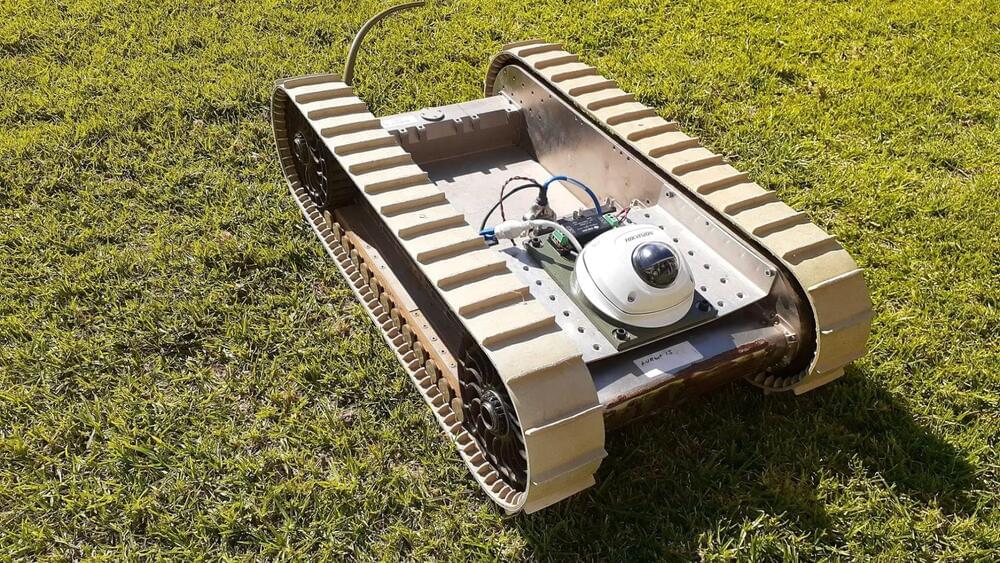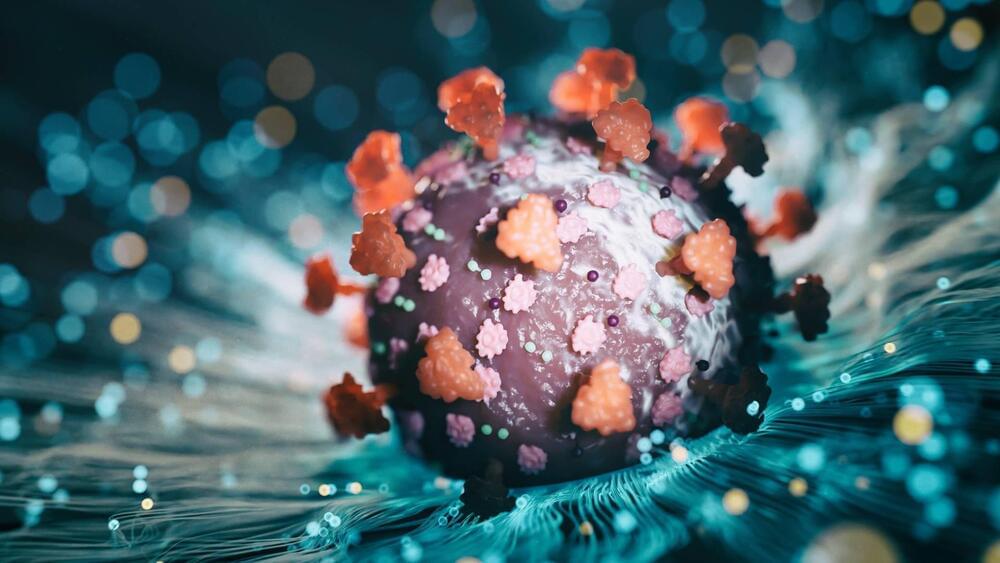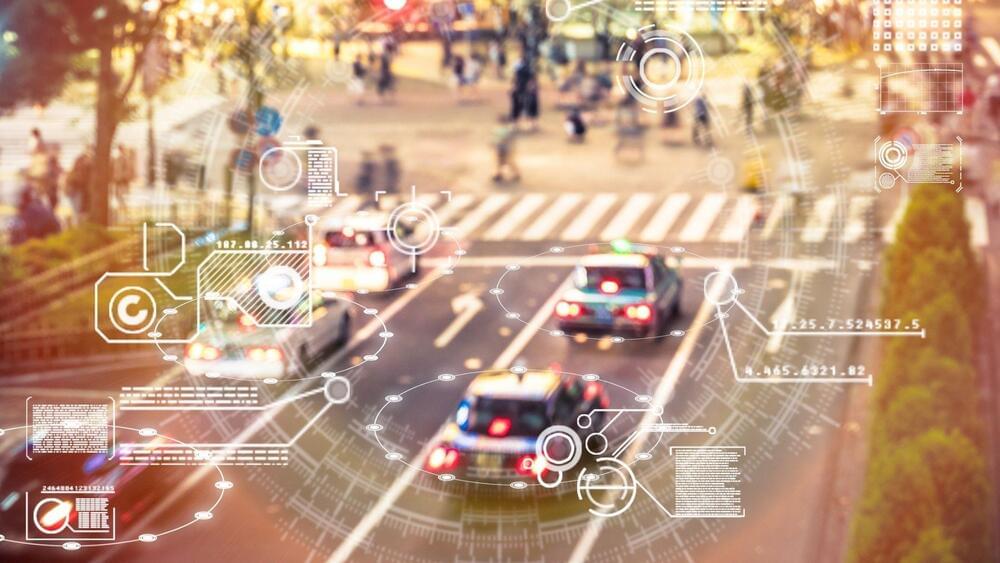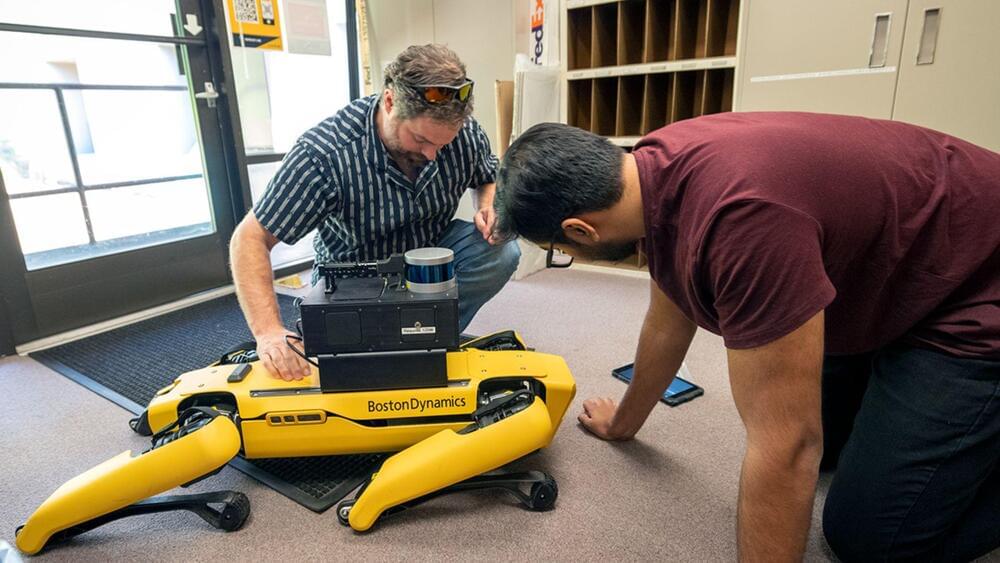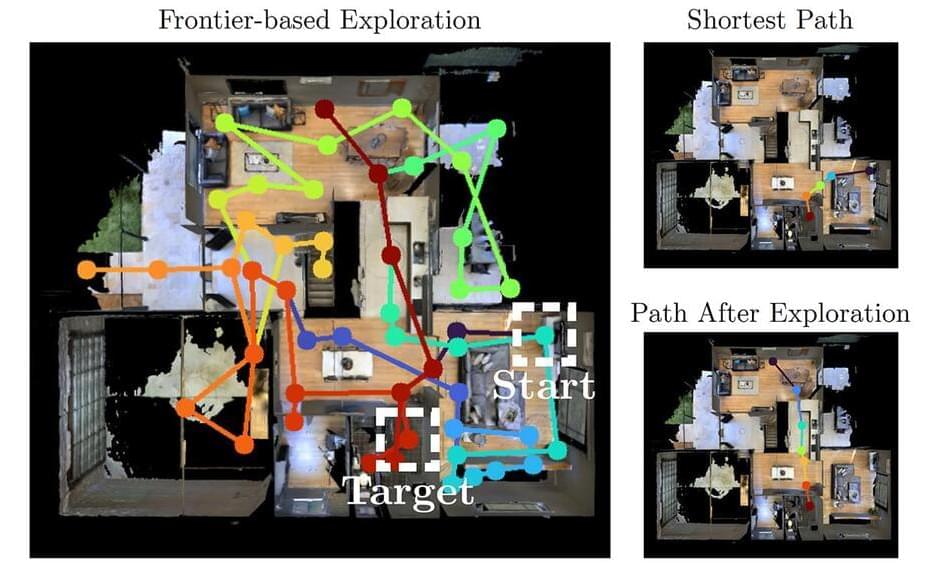“The CIA and other US intelligence agencies will soon have an AI chatbot similar to ChatGPT. The program, revealed on Tuesday by Bloomberg, will train on publicly available data and provide sources alongside its answers so agents can confirm their validity. The aim is for US spies to more easily sift through ever-growing troves of information, although the exact nature of what constitutes “public data” could spark some thorny privacy issues.
“We’ve gone from newspapers and radio, to newspapers and television, to newspapers and cable television, to basic internet, to big data, and it just keeps going,” Randy Nixon, the CIA’s director of Open Source Enterprise, said in an interview with Bloomberg. “We have to find the needles in the needle field.” Nixon’s division plans to distribute the AI tool to US intelligence agencies “soon.””.
The CIA confirmed that it’s developing an AI chatbot for all 18 US intelligence agencies to quickly parse troves of ‘publicly available’ data.



